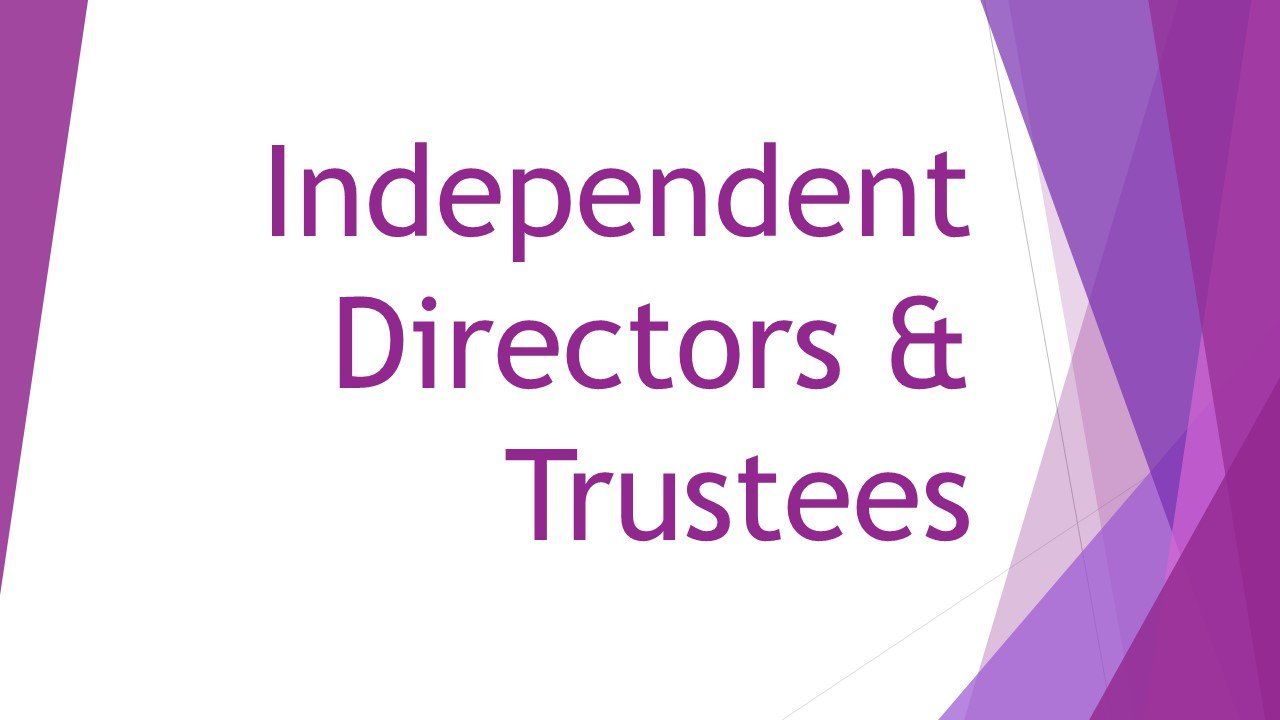Leveraging EO
14 April 2025
Employee ownership can represent a transformative opportunity for businesses to align the interests of their workforce and leadership, fostering shared commitment and long-term stability whist delivering benefit for all.

Employee ownership can represent a transformative opportunity for businesses to align the interests of their workforce and leadership, fostering shared commitment and long-term stability. By prioritizing the principles of collaboration and mutual investment, companies can unlock tangible benefits that extend far beyond the financial.
To generate full benefit from EO there needs to be clarity of purpose and future direction, as well as an understanding across all employees of both the potential benefits as well as the expectation of their contribution.
Here we identify a few of the advantages of EO.
Driving Engagement and Commitment
One of the standout advantages of employee ownership is the way it empowers employees. When they hold a meaningful stake in the company, their day-to-day work directly contributes to its success, creating a stronger sense of accountability and purpose. This commitment often translates into higher engagement levels, as employees feel personally invested in achieving goals and driving innovation.
Key to delivering against this is explaining where and how each individual, and their role can, and does, make a difference.
Building Resilience for Economic Challenges
Employee-owned companies are uniquely positioned to navigate economic uncertainties. The shared ownership model fosters a collective spirit that can strengthen a business’s ability to adapt and endure. Resilience is built not just through financial stability, but through the unity and determination of a workforce working toward common objectives.
This resilience will not mean that tough decisions will not have to be made, but it should mean that such decisions are made from a wider perspective than pure financials. As such, these businesses are more likely to weather external impacts without resorting to lay-offs or shrinkage.
Attracting Talent and Retaining Expertise
In competitive industries, the promise of employee ownership can serve as a compelling incentive for recruitment and retention. Offering equity or ownership stakes sets businesses apart, providing a tangible demonstration of their commitment to employee welfare and growth.
For those seeking long-term career opportunities, employee ownership usually translates into offering in role development and investment in people, making it an attractive proposition.
Strategies for Effective Implementation
To make the most of employee ownership, businesses must focus on several key strategies:
- Embedding a Collaborative Culture: Encouraging open dialogue and transparent communications reinforces the principles of ownership, driving both engagement and innovation.
- Educating Employees: Ongoing education and training ensure employees are equipped to make meaningful contributions to the company’s performance, and commit to a long-term commitment to stay.
- Strategic Goal Alignment: Clearly defined goals that align with business goals can help employees and leadership work harmoniously toward shared objectives.
- Monitoring Performance: Using metrics to track the impact of employee ownership ensures businesses can refine their approach over time, identifying further opportunities and maximizing benefits for all.
A Model for Sustainable Success
Leveraging employee ownership is not just about reshaping company structures - it’s about fostering a new mindset, one that prioritizes collaboration, resilience, and shared prosperity. By embracing this model, businesses can position themselves as leaders in sustainable growth, innovation, and employee empowerment.
If you would like to benefit from the combined experience and knowledge of IDT and its members, consider appointing one of our trustees as your independent trustee. Whatever stage of EO you are at, whether you are a large or small organisation, are seeking your first, or a new or additional, independent trustee, we are sure we have somebody who could work with you for the benefit of your EO business.
If you would like to know more, or would like to schedule a confidential, no strings, chat about your independent trustee requirements, please email info@directorsandtrustees.co.uk

